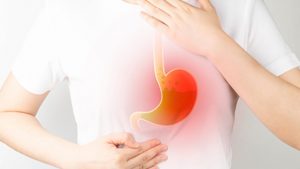
TUESDAY, Dec. 27, 2022Living in an area with easy access to parks and rivers appears to slow the progression of devastating neurological diseases, such as Alzheimer’s and Parkinson’s. That’s the conclusion of a new study based on more than a decade and a half tracking disease risk among nearly 62 million Americans 65 years old and up. “Prior research showed that natural environments — such as forests, parks and rivers — can help to reduce stress and restore attention,” noted lead author Jochem Klompmaker, a postdoctoral research fellow at Harvard T. H. Chan School of Public Health in Boston. “In addition, natural environments provide settings for physical activity and social interactions, and may reduce exposure to air pollution, extreme heat and traffic noise.” To build on such observations, his and his colleagues looked at hospital admissions for Alzheimer’s and related dementia, as well as Parkinson’s disease. By focusing on hospital admission, Klompmaker stressed that his team was not assessing the initial risk for developing either disease. Instead, researchers wanted to know if increased exposure to nature lowered the odds that either disease would progress quickly. And on that front, Klompmaker said, researchers observed significant protective links: The greener an older individual’s surrounding environment, the lower their risk of hospitalization for either neurological illness. The finding could have bearing on millions of Americans, given that Alzheimer’s… read on > read on >





































